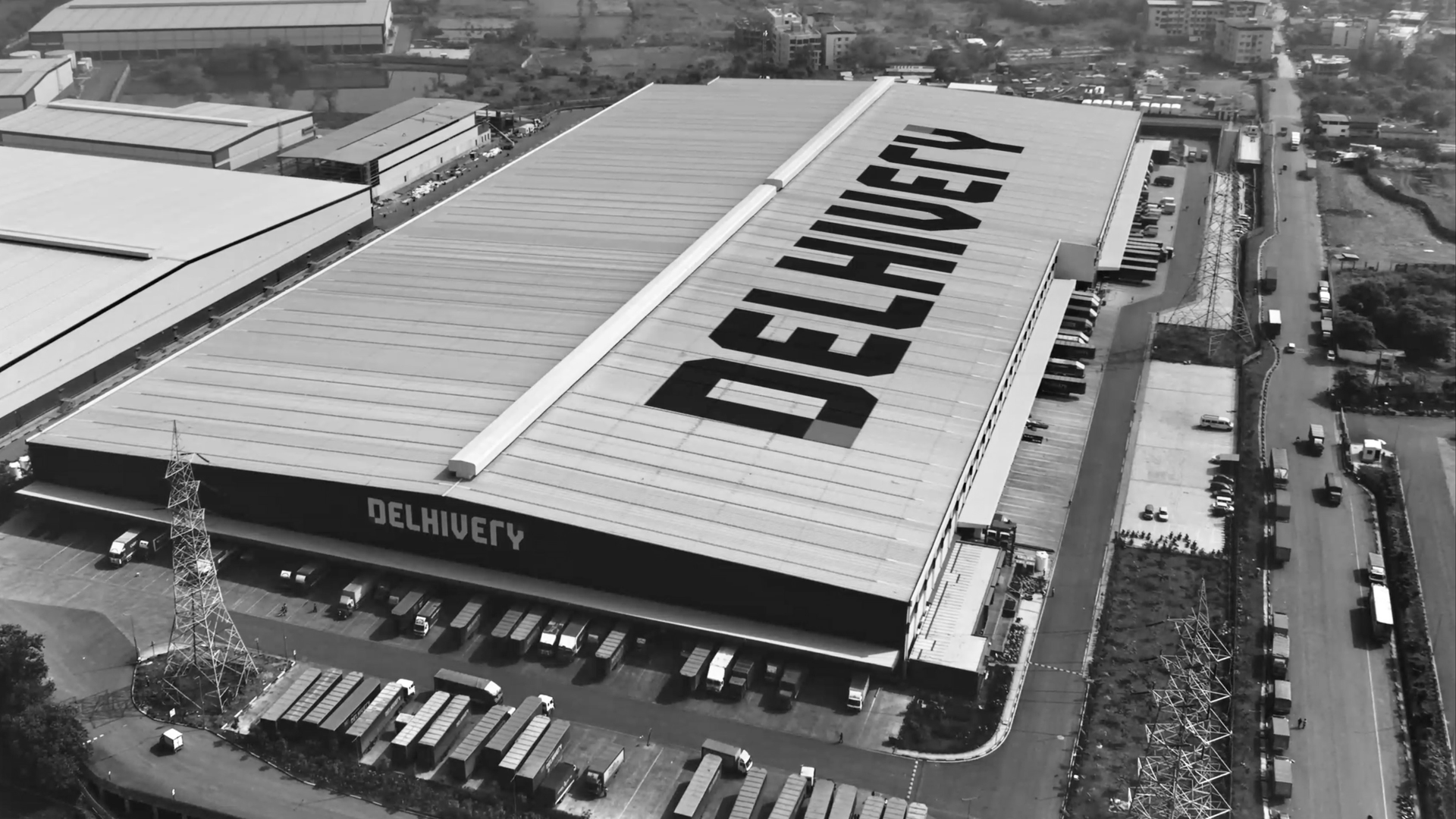5 out of 100 babies won’t breathe at birth: Startup Windmill alleviates the situation

Birth Asphyxia occurs when a baby doesn't receive enough oxygen before, during or just after birth. This happens with 5 out of a 100 babies and can lead to either death or disabilities. The babies can be saved by a procedure called basic resuscitation which requires a certain degree of skill and expertise. This is often found lacking in Indian hospitals and clinics and leads to deaths of an inordinately high number of babies.Avijit Bansal had noticed this during his doctoral studies and he chanced to meet Ayesha Chaudhary at the Standford India Biodesign Fellowship who was also researching on the subject. Avijit is an MBBS and a post-graduate in Pulmonology whereafter he went to work with Fortis Hospitals and also used to run an NGO. Ayesha is a Biomedical Engineer from IIT Bombay, where she developed nanoengineered implantable glucose biosensors, and has been recently featured in the prestigious list of MIT – TR 35 young innovators of India. Both of them were Stanford India Biodesign Fellows in 2011 where they went on to research deeper in the field and started the company Windmill Health.

About Windmill

Windmill Health is a start-up dedicated to innovation of low cost technology that creates a high impact on health in the developing world. NeoBreathe is the first product from Windmill Health that helps reduce the risk of babies dying due to lack of proper resuscitation processes.NeoBreathe is an integrated neonatal resuscitation solution that is easier to use and suitable for field conditions. “Current solutions are very complex and to break away with this problem, NeoBreathe has been designed in a way that workers can use it with minimal training,” says Avijit.
Gauging the Impact
Many of the major manufacturers make resuscitators but most of them are priced at a higher range and provide very basic functionality. There are two kinds of resuscitators- the basic bag and mask one and the other are T-Piece resuscitators. The price for them ranges from INR 2,000 to INR 50,000 and it is required everywhere from clinics in Tier 2-3 cities to pediatric hospitals.
And to signify the magnitude of the problem- 904,000 babies (210,000 in India) die and an equal number are disabled for life every year because of this problem.
Windmill Health comes in here and will try to commercialize their solution.
The Support
The technology was conceptualized at All India Institute of Medical Sciences, New Delhi, by the co-founders in collaboration with faculty of the Department of Pediatrics and has been licensed to Windmill Health by the Department of Biotechnology, Govt. of India. They’ve also been able to raise angel investment and have been incubated by the Villgro Innovations Foundation. “The amount of support, encouragement and guidance we’ve received from faculty at AIIMS has been phenomenal,” says Ayesha and Avijit. "Looking forward, we are enthused and encouraged by support from Villgro," they add.
The product is under development and will undergo production before distribution. “We know it’s an ambitious effort but the support and the faith that has been given to us is pegging us on to make this work,” say the duo.
Website: Windmill Health
More Social Impact startups, news and analysis on Social Story.







